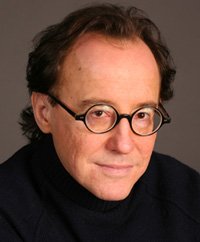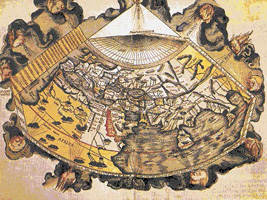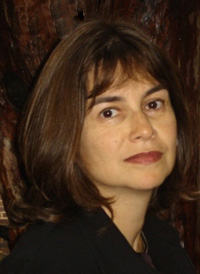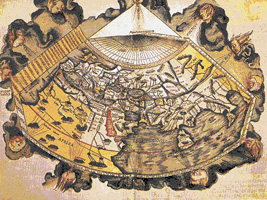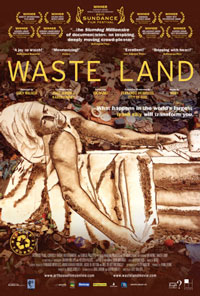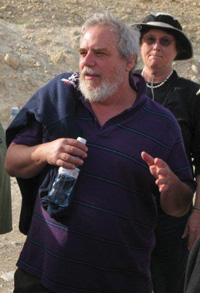Mark Lilla, Professor of Humanities, Columbia University
Mark Lilla’s research in the humanities focuses on intellectual history, with a particular emphasis on Western political and religious thought. A frequent contributor to the New York Review of Books, the New Republic, and the New York Times, Professor Lilla is best known for his books The Reckless Mind: Intellectuals in Politics and The Stillborn God: Religion, Politics, and the Modern West.
Symposium: "Old Things: Reflections on the Study of the Past"
In celebration of the launch of the Old Things Course Thread, faculty members present papers addressing the value of studying the past at the university level, particularly at UC Berkeley.
Svetlana Boym, Professor of Slavic & Comparative Literature, Harvard University
Svetlana Boym is a Professor of Slavic and Comparative Literatures at Harvard University and the Associate of Harvard School of Design and Architecture.
Old Things Symposium: Keynote Lecture by Hans Sluga (Philosophy)
In anticipation of the "Old Things" Symposium, Hans Sluga (Philosophy) will present a keynote lecture titled "What has History to do with Me?: Old Things for New Times."
"Earth: The Babylonian Map of the World and The Wind Directions"
Part of the lecture series “Return to Mesopotamian Cosmic Geography: New Studies on Heaven and Earth.”
In this series of lectures Avenali Resident Fellow Wayne Horowitz discusses specific aspects of Mesopotamian cosmology, from the heavens above to underworld below. Each of these lectures is open to the public and may be attended separately.
Director Lucy Walker follows artist Vik Muniz as he visits the world’s largest garbage dump in Rio de Janeiro and builds one of his famous portraits from trash. The world the film explores is indeed a land of waste, but it is also a world of vibrant optimism, endless creativity, and touching generosity on the part of the people who occupy it.
"Sky: A Mesopotamian View of the Stars at Night"
Part of the lecture series “Return to Mesopotamian Cosmic Geography: New Studies on Heaven and Earth.”
In this series of lectures Avenali Resident Fellow Wayne Horowitz discusses specific aspects of Mesopotamian cosmology, from the heavens above to underworld below. Each of these lectures is open to the public and may be attended separately.
"Heaven: New Thoughts of The Universe of Enuma Elish"
Part of the lecture series “Return to Mesopotamian Cosmic Geography: New Studies on Heaven and Earth.”
In this series of lectures Avenali Resident Fellow Wayne Horowitz discusses specific aspects of Mesopotamian cosmology, from the heavens above to underworld below. Each of these lectures is open to the public and may be attended separately.
"Towards Infinity and Beyond: Big Universe, Little Universe in the Ancient Near East"
Professor of Assyriology at the Hebrew University in Jerusalem, Wayne Horowitz is an authority on cuneiform texts (in Sumerian and Akkadian) that deal, directly or indirectly, with the structure of the cosmos. He is the author of Mesopotamian Cosmic Geography; Writing Science Before the Greeks: A Naturalistic Analysis of the Babylonian Astronomical Treatise MUL.APIN; and the forthcoming Astrolabes, among others. Professor Horowitz will be hosted by the Department of Near Eastern Studies while at Berkeley.
Panel Discussants: Fredric Jameson, Whitney Davis (History of Art), Martin Jay (History) and Colleen Lye (English)
Moderator: Robert Kaufman (Comparative Literature)
